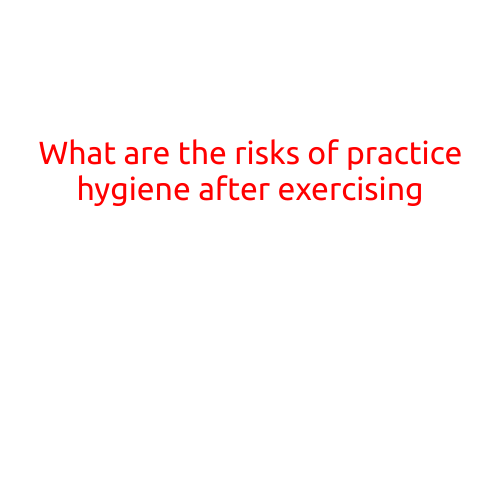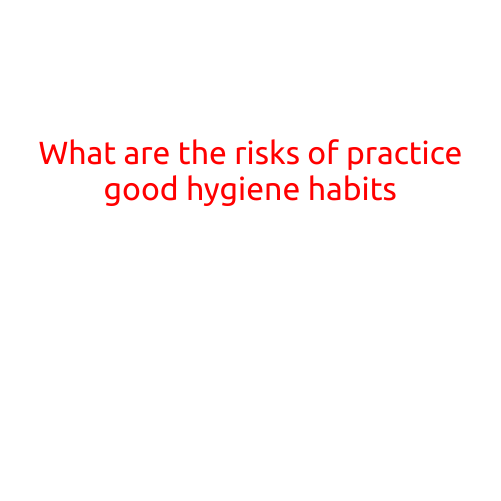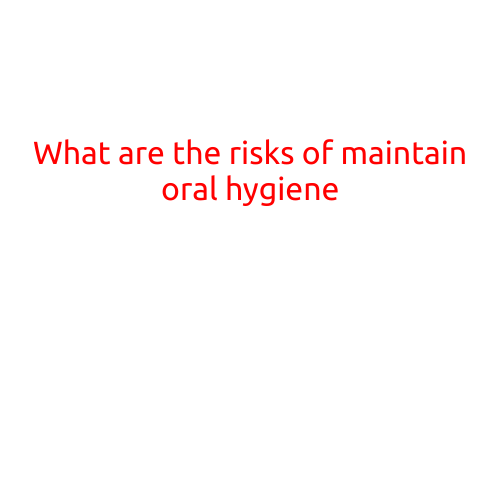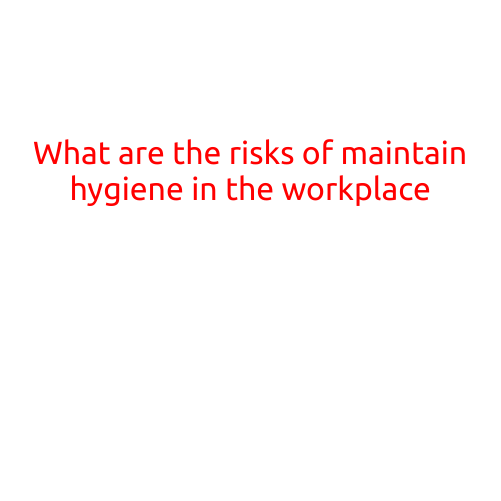
What are the Risks of Poor Hygiene after Exercising?
Exercise is an essential part of a healthy lifestyle, but it’s not just about physical activity alone. Proper hygiene after exercising is crucial to prevent a range of health issues. Unfortunately, many of us tend to overlook this crucial aspect of health management, which can put us at risk of various infections and illnesses.
What are the Risks of Poor Hygiene after Exercising?
- Bacterial and Fungal Infections: Sharing equipment, towels, and undergarments without proper washing can spread bacteria and fungi, leading to infections like MRSA, ringworm, jock itch, and athlete’s foot.
- Skin Irritation and Rashes: Using dirty equipment, sweat-drenched clothing, or applying excessive amounts of body oil can cause skin irritation, rashes, and even acne.
- Contamination of Hair and Scalp: Failing to wash your hair after exercising can lead to scalp irritation, dandruff, and even infections like ringworm.
- Ear Infections: Swimming, diving, or using earphones during exercise can lead to ear infections if proper hygiene practices are not followed.
- Viral Illnesses: Poor hygiene practices after exercising can also spread viral illnesses like colds, flu, and conjunctivitis (pink eye).
- Chronic Conditions: Long-term poor hygiene habits can contribute to chronic conditions like psoriasis, eczema, and skin allergies.
- Infection of Open Wounds: Opening cuts and wounds after exercising without proper hygiene can lead to infections like septicemia, which can be life-threatening.
How to Practice Good Hygiene after Exercising
- Shower or Bathe After Exercise: Cleanse your body thoroughly with soap and water to remove sweat, bacteria, and fungi.
- Use Fresh, Clean Towels: Always use fresh, clean towels for drying and avoid sharing towels with others.
- Wash Clothing Regularly: Wash your exercise clothes regularly to prevent the buildup of bacteria and odors.
- Check and Clean Equipment: Regularly inspect and clean exercise equipment to prevent bacterial and fungal growth.
- Avoid Sharing Personal Items: Refrain from sharing personal items like undergarments, socks, or hair accessories to prevent the spread of infections.
- Apply Anti-Fungal and Anti-Bacterial Products: Use products containing ingredients like tea tree oil, aloe vera, or neem oil to help prevent fungal and bacterial infections.
- Consult a Doctor if Necessary: If you experience symptoms like itching, redness, or inflammation, consult a doctor for proper diagnosis and treatment.
Conclusion
Exercising can be a fantastic way to improve physical and mental health, but it’s crucial to prioritize good hygiene practices to prevent infections and illnesses. By following simple tips like showering regularly, using clean towels, and avoiding sharing personal items, you can reduce the risks of poor hygiene after exercising. Remember, good hygiene is an essential part of a healthy lifestyle, and neglecting it can have serious consequences.





